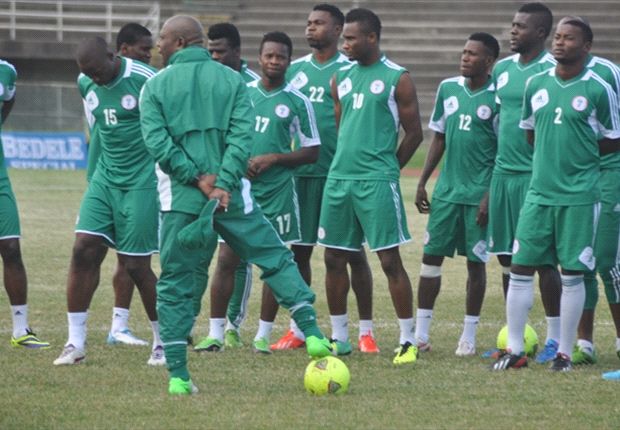
Africa’s five qualified sides may have secured
their spots in Brazil, but each of the quintet has work to do before the
big kick-off next summer
ANALYSISBy Ed Dove
This editorial considers a key problem or unanswered question facing each of the continent’s representatives.
As the spectre of the World Cup looms large and as the pressure mounts on the incumbent national coaches, answers will need to be sought for these issues.
If Africa’s five can’t navigate these concerns, then they might be in for a tough time against the world’s finest.
| NIGERIA: MAKING UP THE SECOND STRING |
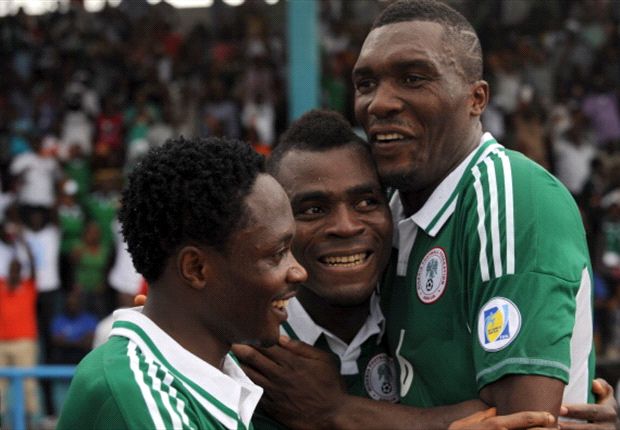
The last, successful 18 months have been built upon Stephen Keshi’s focus on team spirit, togetherness and youthful exuberance. The big egos and the disruptive influences were axed as the Big Boss built a side based on performance rather than reputation.
Both youth and home-grown talents have served him well during Nigeria’s finest moments of 2013. The inexperienced defensive partnership of Godfrey Oboabona and Kenneth Omeruo excelled during the Cup of Nations, while it was Sunday Mba of Warri Wolves who scored the winning goal in both the final and the quarter-final.
Since the unforgettable AFCON triumph, Keshi has kept faith with his collective and has, largely, resisted the temptation to turn to more high-profile, experienced players.
However, can this policy continue all the way to next summer?
While there may be nothing wrong in calling on Solomon Kwambe, Francis Benjamin and Azubuike Egwuekwe in a friendly match against Italy, or to draft in James Okwuosa for the odd appearance, in the heat of a World Cup could these men truly match up?
Say, hypothetically, injury rules Elderson Echiejile out of our World Cup quarter-final…would you want Taye Taiwo or Juwon Oshaniwa primed to take his place?
Keshi may well be forced to make a big decision between philosophy and pragmatism over the next six months.
| COTE D'IVOIRE: TRUSTING IN YOUTH |
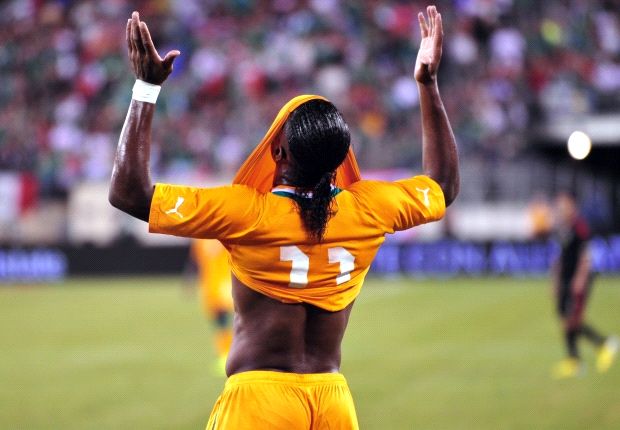
The 2014 World Cup in Brazil represents the Golden Generation’s last chance to leave a lasting legacy on the international stage. However, is it time for Sabri Lamouchi to begin to usher in the new faces?
Serge Aurier has all but taken over from Emmanuel Eboue as the side’s first choice right-back. The former Arsenal man hasn’t been called up to a squad since the Cup of Nations, while Toulouse full-back Aurier has started five of the side’s last six games.
Perhaps the transition is already underway.
However, while veterans like Siaka Tiene, Igor Lolo and even Didier Ya Konan have been used sparingly in recent months, the emerging stars haven’t seen as much playing time as they would like. Despite finding the net nine times in his first eleven league games, and twice in two Champions League games, CSKA Moscow’s Seydou Doumbia still remains on the peripheries. He has been called up only three times this year.
Elsewhere, Wilfried Bony and Lacina Traore are regular squad members, but both have struggled to force their way into the starting line-up on a regular basis. The same applies for Abdul Razak, who was missing for the double-header against Senegal.
The Golden Generation have squandered numerous chances to leave their mark on an international tournament. With a whole host of fresher faces champing at the bit, Lamouchi will have to decide whether to give Drogba, Zokora, Kolo Toure et al. one last shot at immortality, or whether to prompt a revolution.
| CAMEROON: SEEKING CREATIVITY |
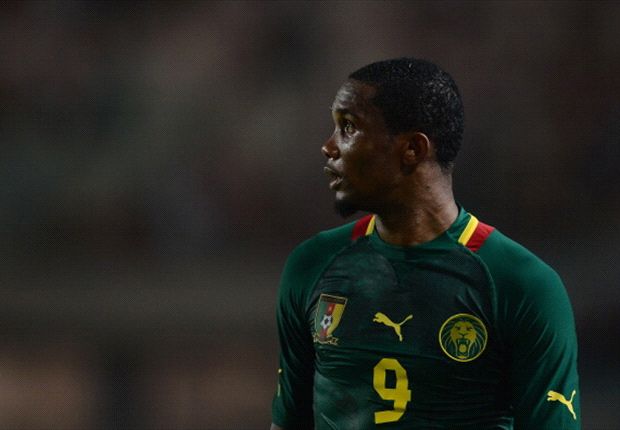
The Indomitable Lions boast arguably the best defensive unit in African football.
Nicolas Nkoulou and Aurelien Chedjou are two sterling defenders who have honed their craft in the French top division. Ahead of them, Stephane Mbia is an imposing unit who will provide endless running for the duration of a contest, Alex Song brings a touch of class, while Jean Makoun offers experience and composure.
A supporting cast including the likes of Joel Matip, Benoit Assou-Ekotto, Allan Nyom, Jean-Armel Kana-Biyik and Dany Nounkeu will ensure that Cameroon are very hard to break down and ultimately, very tough to beat.
However, it is at the other end of the pitch that problems exist.
In the seven games before the second leg defeat of Tunisia, the Indomitable Lions only scored three goals. They struggled to create much of note in the first play-off against the North Africans and appeared listless and without direction.
Certainly, in Samuel Eto’o, the Indomitable Lions possess one of the greatest forwards in African history. However, the Chelsea man is not the force he once was and will struggle to both create and finish chances.
If Cameroon are to have a successful tournament, Volker Finke will need to develop his side’s offensive approach to complement their defensive solidity.
Perhaps QPR’s Assou-Ekotto can provide much-needed width down the left-hand side, perhaps Eto’o will be afforded a deeper role from which to influence proceedings and set-up chances for the likes of Pierre Webo, perhaps Benjamin Moukandjo can repeat his sublime performance against Tunisia.
However he does it, Finke will be desperate to make his team’s attack more menacing than wet tissue paper.
| ALGERIA: A PLATFORM FOR FEGHOULI |
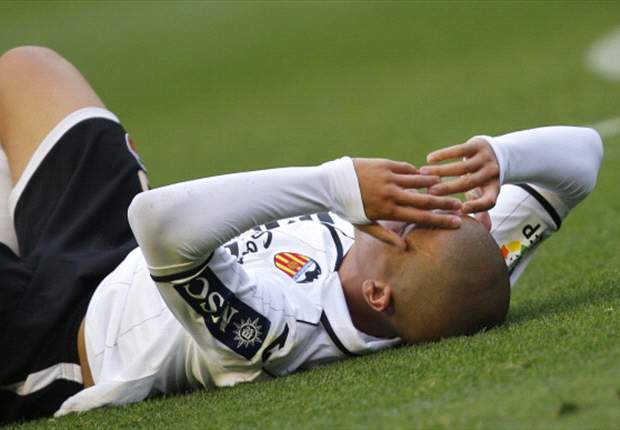
Unlike Cameroon, Algeria do possess an outstanding creative talent who could unlock opposition defences for them next summer.
Valencia’s Sofiane Feghouli has the potential to be one of Africa’s finest playmakers and a key man for the national side. Unfortunately, despite being Algeria’s outstanding individual talent, he has too often struggled to provide a cutting edge or to truly impose himself on contests.
He remains an enigma and was largely impotent at the Cup of Nations, only sparking to life in the dead rubber against Cote d’Ivoire.
With Rafik Djebbour, so prolific at club level in the Greek top flight, out of sorts with the international side, it is imperative that Vahid Halilhodzic makes the most of Feghouli’s impressive abilities.
He can begin by providing a solid platform upon which the attacking midfielder can perform. In Saphir Taider, Adlene Guedioura and Medhi Lacen he possesses a trio of combative players who, in principle, could dominate the middle of the park and deliver the ball to Feghouli.
These three can run all day long and will strive endlessly for the common good, all they need is for Feghouli to reward their endeavour with his Midas touch.
| GHANA: CONSTRUCTING THE MIDFIELD |
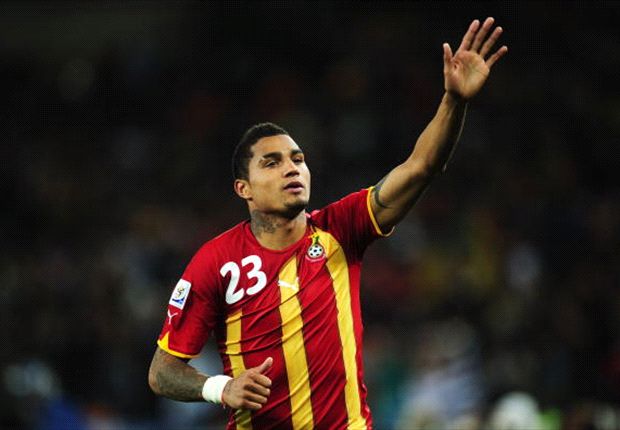
The Black Stars boast an embarrassment of options in the middle of the park. The squad is dripping with so much talent that Kwesi Appiah could, quite feasibly, field two international-quality midfields.
Behind an individual frontman, Appiah could opt for a midfield of, from left to right, Kwadwo Asamoah, Michael Essien, Kevin-Prince Boateng, Sulley Muntari and Andre Ayew. Alternatively, he could choose Christian Atsu, Emmanuel Agyemang-Badu, Mubarak Wakaso, Anthony Annan and Solomon Asante, and still guard a realistic hope of making the last 16.
This is without even considering the likes of Emmanuel Frimpong, Derek Boateng, Albert Adomah or Mohammed Rabiu—all of whom will harbour hopes of making the Black Stars squad.
The problem facing Appiah—and it is a good problem—will be, primarily, who to choose to take to Brazil. Beyond that he will need to decide how to meld his multitude of midfield options into a single cohesive unit.
If he can do this, then anything is possible… 3-6-1 anybody? ----------------- goal.com
No comments:
Post a Comment